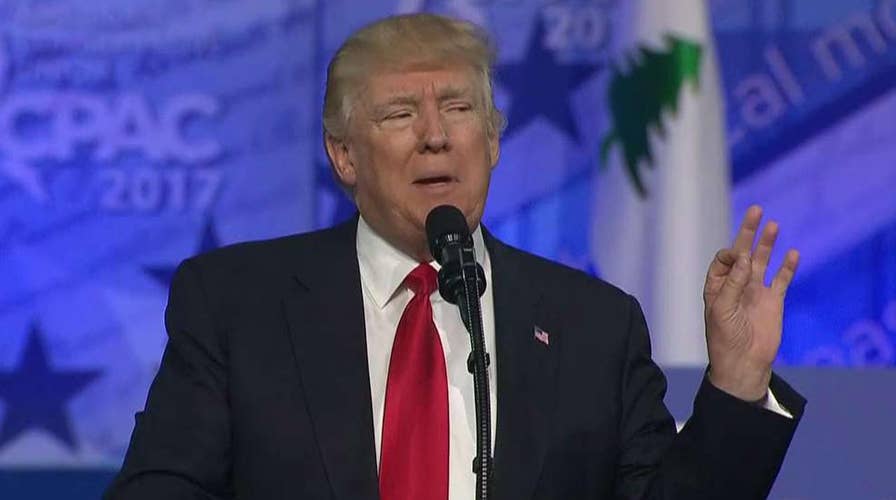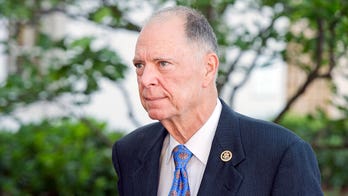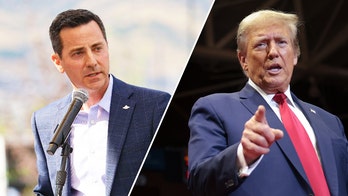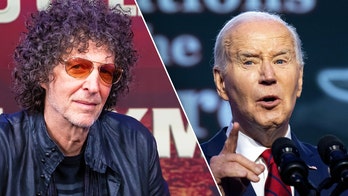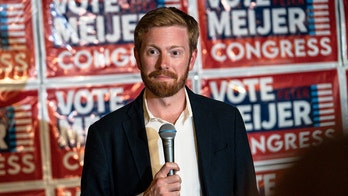President Trump has now made clear that trying to neutralize the media is not a side issue but a central mission of his White House.
His attacks on “fake news” have escalated, seemingly week after week, but he took things to a whole new level with his CPAC speech. While saying some journalists are honest, he accused major news organizations of publishing fiction.
“Because they have no sources, they just make 'em up when there are none,” Trump said. “I saw one story recently where they said, ‘Nine people have confirmed.’' There're no nine people. I don't believe there was one or two people.
"They shouldn't be allowed to use sources unless they use somebody's name.”
The president, of course, doesn’t get to decide that. But before I argue that unnamed sources are sometimes crucial to journalism, I want to concede a key point.
Unnamed sources are way overused, especially by major news outlets. People are allowed to take cheap shots without their names attached. They are empowered to engage in political sniping from behind a curtain of anonymity. And top news executives know this. That’s why New York Times Executive Editor Dean Baquet ordered his staff in a memo last year to reduce the use of such sources, saying they can skew stories and are sometimes wrong.
But I spent years as an investigative reporter, and in that realm they are critical. When doing stories on government dysfunction and corruption, the information often depends on people who would lose their jobs if required to go on the record. This was true in Watergate, Iran-contra, the Clinton impeachment and many other scandals.
Trump chose a weak example, because the “nine people” were cited anonymously in a Washington Post story about Mike Flynn. That story said Flynn had discussed U.S. sanctions with the Russian ambassador before the inauguration and had given a false account to Mike Pence. As Post Executive Editor Marty Baron pointed out, the administration later confirmed that story and it led to the president firing his national security adviser.
What’s more, the president’s top people regularly talk to reporters on background and off the record, as has been true in every administration and every campaign.
Hours before Trump’s CPAC speech, a senior administration official briefed reporters on the matter of Reince Priebus’s contacts with the FBI over its Russia investigation. Under the “no sources” rule, that would not have been possible.
But make no mistake, this is a two-sided battle, and the president is right that much of the coverage of his fledgling administration has been consistently negative.
Now for the media uproar over Sean Spicer excluding CNN, Politico, the New York Times and other news outlets from an off-camera briefing on Friday, which CNN anchor Jake Tapper called “un-American.” My initial reaction was also that this went too far.
Based on my reporting at the White House, I now believe this was poorly handled but that it is not the outrage it appeared to be.
The optics are bad, as even the White House recognizes, because the gaggle controversy came hours after Trump’s speech excoriating the media. So it looked like a case of retaliation.
Spicer was holding a pool event, instead of a televised briefing, so that meant everyone in the media who couldn’t fit into his office would receive the information. It didn’t help the appearances that such right-leaning outfits as the Washington Times, One America News and Breitbart were added to the meeting. But Spicer also added CBS and NBC.
By this accounting, the failure to admit the likes of CNN and the Times was essentially a coincidence because the space limitation had been reached. Spicer is said to have been surprised at the fierce reaction because he wasn’t trying to send a message.
If that’s true, we won’t see a repeat performance. And it’s worth noting that Spicer regularly takes questions at the daily briefing from CNN, the New York Times and others that are not administration favorites. Trump also took questions from CNN’s Jim Acosta at his news conference.
Spicer, meanwhile, has been expanding access in other ways. Before Trump gives his speech to Congress on Tuesday, it’s customary for the president to have an off-the-record briefing with the big-shot network anchors. I'm told that Spicer is adding EWTN, Christian Broadcasting, Univision, Telemundo and TV One rather than limiting it to an exclusive club.
There’s an important principle of equal access in briefings, and CNN and the Times are among those that came to Fox’s defense when the Obama administration tried to exclude the network from rounds of interviews with top officials. But if there wasn’t a deliberate attempt to punish certain outlets, then the incident will quickly fade and we can go back to debating why Trump is blowing off the White House Correspondents Dinner.
